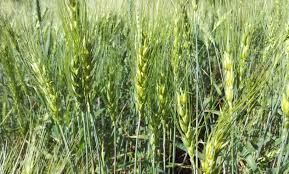Determination of the Most Effective Traits on Wheat Yield under Saline Stress
Keywords:
Salinity stress; wheat; correlation; stepwise regression; path analysisAbstract
Salinity stress is one of the most important abiotic stresses which reduce the crop production in worldwide and breeding for salinity tolerance maybe result in improving wheat seed yield under saline conditions in arid and semi-arid areas agriculture. Identification of effective yield-related traits is the main aim of each breeding program. In this research, the relationship between wheat seed yield and its components under saline condition were investigated by using four statistical procedures including; simple correlation, multiple linear regression, stepwise regression and path analysis. The experiment was conducted under saline field conditions based on randomized complete block design with three replications. Electrical conductivity of irrigation water was 10ds.m-1. Results indicated that biological yield, harvest index and chlorophyll content were the most effective variables influencing seed yield. Based on the results, it seems that high yield of wheat plants under saline field conditions can be obtained by selecting breeding materials with high biological yield, harvest index and chlorophyll content.

Published
How to Cite
Issue
Section
Copyright (c) 2014 A. Gholizadeh, H. Dehghani, J. Dvorak

This work is licensed under a Creative Commons Attribution-NonCommercial-NoDerivatives 4.0 International License.



